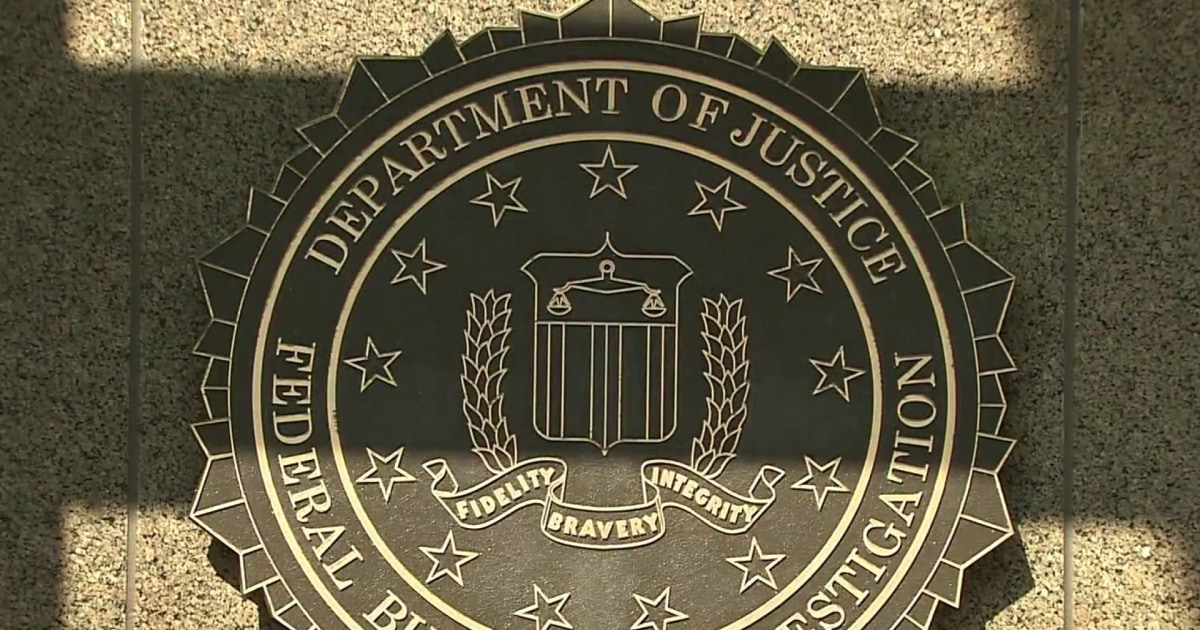Introduction
The Department of Justice (DOJ) under former President Donald Trump secretly obtained phone records from members of Congress and their aides, sparking widespread controversy and concern. This revelation, which has emerged from recent investigative reports, underscores the increasing tension between government power and individual privacy, particularly within the context of democratic institutions. The revelations have led to urgent questions about the ethical and legal implications of such surveillance, and whether it signals a larger pattern of executive overreach.
The Investigation: How the DOJ Accessed Congressional Communications
According to investigative reports, the DOJ secretly sought and obtained phone records from several members of Congress, their staff, and even journalists, without their knowledge. This surveillance was allegedly part of a broader effort to uncover leaks and unauthorized disclosures of government information. The DOJ, under the Trump administration, reportedly used subpoenas to gain access to these records, a process that allows the government to compel phone companies to turn over private data.
While leaks of sensitive information are not uncommon in political environments, the methods used to uncover the sources have raised alarms. Obtaining phone records—without the individuals’ knowledge or consent—raises significant concerns about the limits of government power, particularly in a democratic society. Additionally, the use of such measures against elected officials and their aides raises the question of whether these actions are a breach of privacy or a necessary tool to safeguard national security.
The Broader Implications: Privacy vs. National Security
The controversy surrounding the DOJ’s surveillance of congressional communications speaks to a deeper, ongoing debate over the balance between protecting national security and respecting individual privacy. On one hand, the government has a responsibility to ensure that classified information does not leak to the public, particularly when it involves matters of national security. On the other hand, the government is also tasked with upholding constitutional rights, including the right to privacy and freedom from unwarranted surveillance.
Legal Precedents and Privacy Protections
From a legal standpoint, the case touches on several important precedents and laws that govern privacy and surveillance in the United States. The Fourth Amendment to the U.S. Constitution protects citizens against unreasonable searches and seizures, and this extends to electronic communications, including phone records. However, exceptions are made for situations where the government can prove that the surveillance is necessary to protect national security or to prevent significant harm.
In past administrations, similar actions—such as monitoring communications for national security reasons—have been undertaken, though often in response to clear threats, such as terrorism. However, when applied to members of Congress, the scrutiny becomes far more complex. Congress members, as public servants, are entrusted with significant oversight responsibilities, and any interference in their ability to perform their duties could undermine the integrity of the legislative process.
Executive Overreach and Accountability
The Trump administration’s actions, if confirmed, could be seen as an example of executive overreach, where the executive branch exercises power beyond its constitutionally defined limits. The potential chilling effect on Congressional independence is significant, as lawmakers might feel less free to discuss or investigate sensitive issues if they fear being monitored by the DOJ. This raises concerns about accountability—if the government is not held to account for such actions, it could set a dangerous precedent for future administrations.
The Role of the Media and Whistleblowers
Leaks, while controversial, serve as an important check on governmental power. Journalists and whistleblowers often provide the public with vital information that would otherwise be hidden from view. In this context, the surveillance of journalists and their sources by the DOJ could have a detrimental impact on press freedom, which is enshrined in the First Amendment of the Constitution.
The chilling effect on press freedom is not merely hypothetical. In the case of the Trump administration’s surveillance practices, investigative reporters and whistleblowers may hesitate to share critical information if they fear the government is monitoring their communications. This could have long-term consequences for democracy, especially in an era where access to reliable, independent reporting is vital for holding power accountable.
Potential Legal and Political Fallout
As this investigation unfolds, it is likely that the legal and political ramifications will continue to reverberate across the political spectrum. Legal challenges to the DOJ’s actions are expected, particularly from those who argue that such surveillance infringes on constitutional rights. Civil liberties groups, including the American Civil Liberties Union (ACLU), have already expressed concern over the violation of privacy, and they may pursue litigation to hold the government accountable.
Politically, this development has already sparked tensions between the executive branch and Congress. Democrats, in particular, have expressed outrage over the alleged surveillance, and several lawmakers have called for greater transparency and accountability. The impact of this controversy could reshape the dynamics of future congressional oversight and influence the way the public views government transparency and accountability moving forward.
Conclusion: Reexamining Government Surveillance and Privacy
The revelations about the Trump administration’s surveillance of Congressional communications raise vital questions about the role of government in monitoring its citizens and public officials. As the investigation continues, the public must consider whether the trade-off between privacy and national security is truly necessary, and whether this type of surveillance crosses a line that cannot be justified. The tension between these two priorities—safeguarding national security while protecting individual freedoms—remains a central issue in democratic societies.
The outcome of this investigation will likely influence how future administrations approach the balance between transparency, privacy, and national security. It is crucial for lawmakers, civil liberties organizations, and the general public to engage in these discussions to ensure that the principles of democracy are upheld, even in the face of national security threats. The need for robust oversight of government actions, particularly when they affect constitutional rights, has never been more apparent.
- For a deeper dive into privacy issues and surveillance technologies, visit the ACLU’s surveillance page.
- For the latest updates on this ongoing investigation, check out [The Washington Post](https://www.washingtonpost.com/) for real-time coverage.
See more BBC Express News

